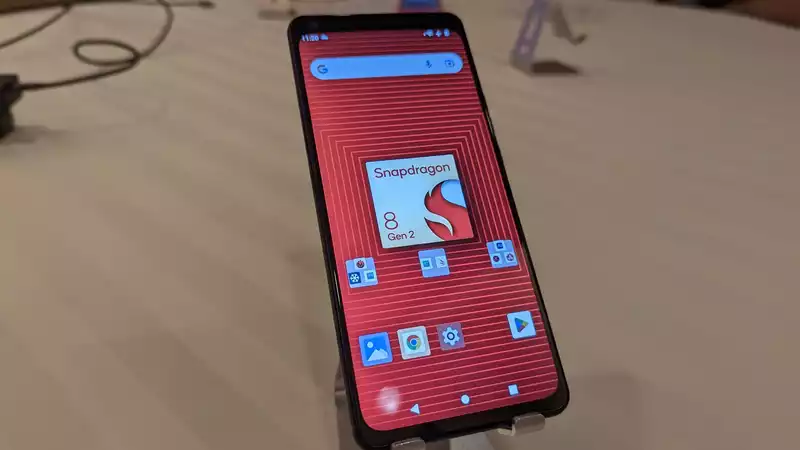In January, Qualcomm announced that it had the answer to the iPhone 14's emergency SOS via satellite feature in the form of Snapdragon Satellite. Now the company has announced the first batch of smartphone makers that will support this feature in the near future.
At this week's Mobile World Congress in Barcelona, Qualcomm announced that it is partnering with Honor, Motorola, OPPO, Vivo, Nothing, and Xiaomi (open in new tab) to offer satellite communications capabilities.
Qualcomm has not revealed any details about the partnership, including when Snapdragon Satellite will be available on phones from these six companies. When the feature was first announced, Qualcomm indicated that it would begin rolling out in North America and Europe in late 2023 and would be powered by the Snapdragon 8 Gen 2.
Whether that rollout will be in time for the launch of devices like the Nothing Phone (2) is unclear, but it will help those handset makers compete with the likes of Apple and Samsung. Samsung intentionally did not offer satellite connectivity with its Galaxy S23 series, but Qualcomm claims its system will offer two-way satellite text messaging. [Of course, the Motorola Defy Satellite Link was announced at MWC 2023 and will be available this April. It promises to provide satellite connectivity to any smartphone and is priced at $99 (plus a minimum $5 monthly subscription fee). In other words, Qualcomm and its partners had better hurry if they want to come out on top.
Qualcomm claims that Snapdragon Satellite provides "true global coverage from pole to pole" and will work as long as the sky is visible. In addition to contacting emergency services, it could also be used recreationally, potentially allowing people to stay connected no matter how remote they are. How much this recreational connection would cost is currently unknown.
We'll have to wait and see what happens with the Snapdragon Satellite, but we are certainly beginning to sense that this type of connectivity may be the next big frontier in the smartphone business. If it helps save lives, we're all for it.










Comments